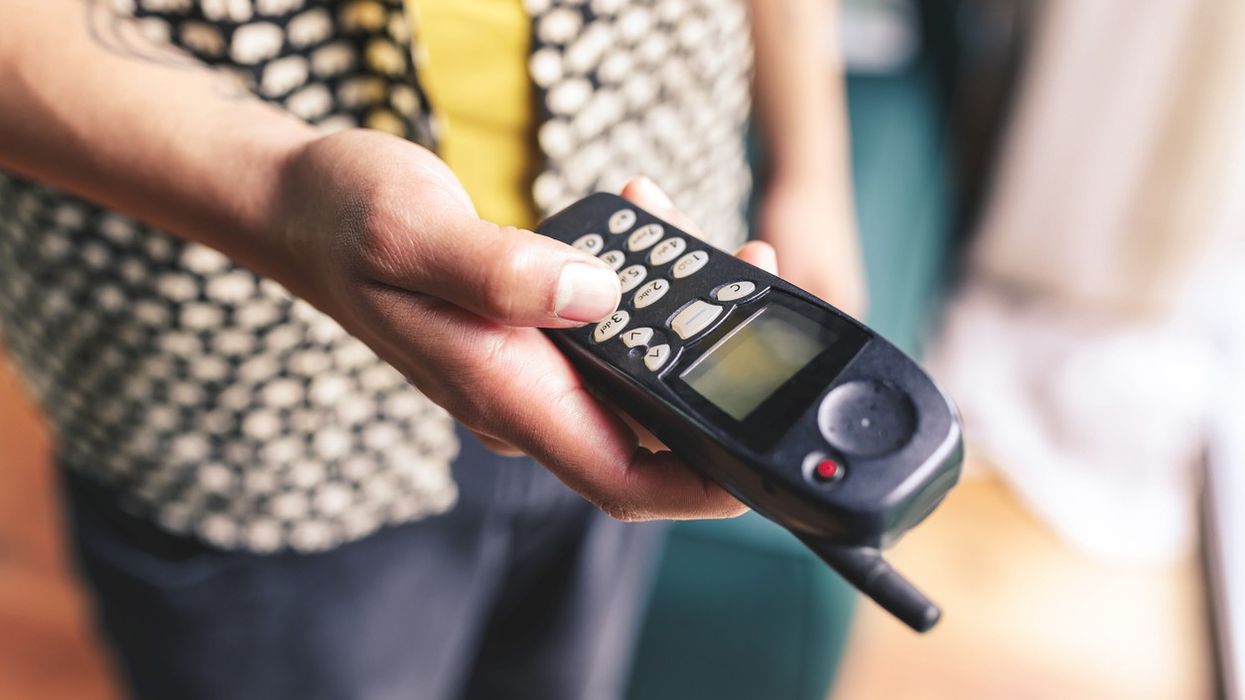Highlights:
- Gen Z is increasingly choosing simpler mobile devices over smartphones to reduce distractions and protect privacy.
- The movement is part of a wider ‘retrotech’ revival, including analogue tools like film cameras and paper planners.
- Concerns about digital fatigue, constant notifications, and the attention economy are driving the trend.
- Many adopt hybrid solutions, pairing basic phones with secondary devices for essential modern functions.
A growing number of young people are turning away from smartphones in favour of simpler devices, such as flip phones and basic handsets, in an effort to reclaim focus, reduce digital distractions, and safeguard privacy. This ‘dumbphone’ revival is gaining traction globally, with the UK seeing its own share of adopters as part of a broader shift towards digital minimalism.
The attention economy backlash
Members of Gen Z, who have grown up with constant connectivity, are increasingly questioning the value of being online around the clock. UK research shows that 69% of people aged 16–21 report feeling worse about themselves after using social media, while nearly half would prefer life without the internet. Similar trends have been observed globally, with surveys showing a decline in average daily social media use among younger users since 2021.
Digital fatigue is often linked to the so-called attention economy – a system in which platforms compete for user time through targeted algorithms and constant notifications. This environment, many argue, fosters anxiety and distraction rather than connection.
Retrotech and Y2K nostalgia
What began as a nostalgic nod to early 2000s devices has evolved into a deliberate lifestyle choice. Flip phones, candy-bar handsets, and minimalist e-ink mobiles are being embraced not only for their retro style but also for their limited functionality. Popular on platforms like TikTok, the trend highlights a desire to break free from the constant prompts and content streams of modern smartphones.
Sales figures reflect the interest. In 2023, global sales of basic phones rose noticeably, with some manufacturers reporting double-digit growth. This resurgence has been accompanied by online communities swapping tips on living without app-driven devices.
The analogue revival
The move away from smartphones often extends into other areas of life. Film cameras, paper notebooks, physical alarm clocks, and stand-alone music players are making a comeback among younger consumers. Many see these tools as a way to regain control over their time, reduce dependence on digital services, and enjoy a more tactile, intentional lifestyle.
In addition to reducing distractions, analogue tools avoid the data collection practices of connected devices. This has made them attractive to those concerned about surveillance and the storage of personal information in the cloud.
Privacy concerns and data control
The shift is also rooted in growing concerns over privacy. In the UK, almost half of adults believe it is impossible to keep personal data safe online. Some young people are responding by choosing devices that operate offline or use open-source software with greater user control.
By moving to basic phones, users reduce the amount of personal information they share with tech companies, while also avoiding the targeted advertising that has become a defining feature of the smartphone era.
Balancing simplicity and modern needs
Completely abandoning a smartphone can be challenging. Navigation apps, mobile banking, and instant messaging are deeply integrated into daily life, making a total switch difficult. Many adopters compromise by using a basic phone for calls and texts, alongside a tablet or minimal-use smartphone for essential online tasks.
Others opt for modified smartphones with restricted features, disabling social media and other time-consuming apps while keeping practical tools like maps or email.
A small but telling shift
While smartphones still dominate the global market, the rise of dumbphones and analogue habits signals a notable cultural shift. For many in Gen Z, the move is less about rejecting technology entirely and more about reshaping it to fit their values.
By consciously stepping back from constant connectivity, they are challenging assumptions about what it means to be “always on” – and demonstrating that, for some, less really is more.





